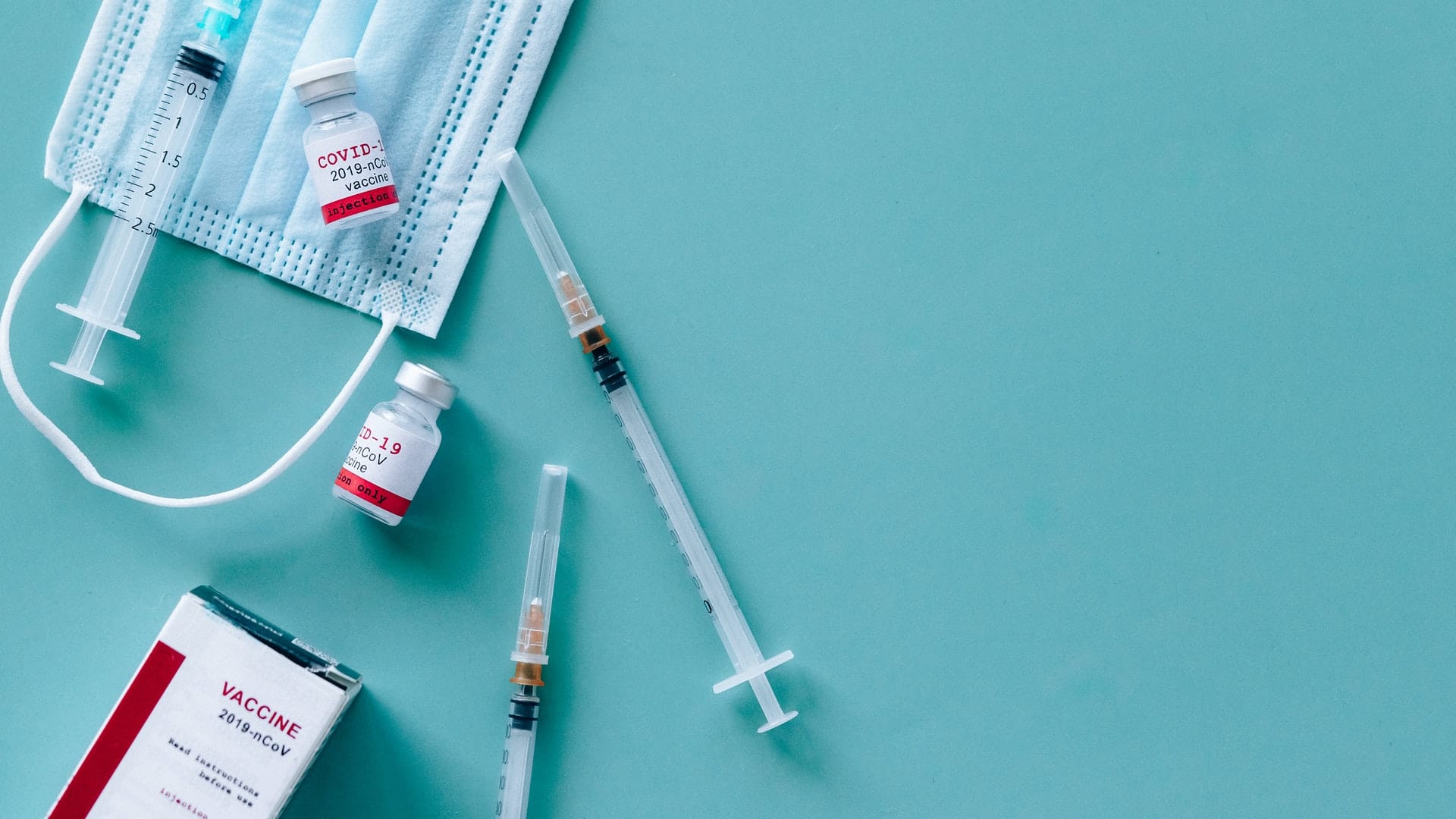COVID19
Delta variant can be tackled with vaccine and control strategy: Study
A new study has revealed that a vaccine is needed to fight against the Delta variant of the coronavirus along with effective infection prevention and control strategy. The study was conducted by researchers from the INSACOG consortium, CSIR and National Centre for Disease Control.
The researchers, as per ToI, analyzed data on 113 breakthrough infections among health workers by constructing probable transmission networks from epidemiological and virus genome sequence data using a suite of computational approaches. The study was conducted in two Delhi hospitals.
The pre-print study said the researchers tried to identify a high probability that doubly-vaccinated individuals transmitted SARS-CoV-2 and potential cases of virus transmission between individuals who had received two doses of vaccine. The findings assume significance as increasing complacency is setting in among people, especially the fully vaccinated. Though vaccines remain effective against severe disease, the study highlighted that breakthrough infections are a reality.
According to another study which has been published in the New England Journal of Medicine, the efficacy of the Pfizer-BioNTech vaccine dropped from 93.7% to 88% and that of the AstraZeneca vaccine (as the Covishield shot is known in markets where the British pharma company makes) from 75% to 67% when protection against Alpha and Delta variants were compared. It is likely those numbers may have reduced further for high-risk groups such as hospital workers.
The Lancet Study said the adjusted effectiveness of BBV152 against symptomatic Covid-19 after two doses administered at least 14 days before testing was 50%. “The adjusted effectiveness of two doses administered at least 28 days before testing was 46% and administered at least 42 days before testing was 57%. After excluding participants with previous SARS-CoV-2 infections, the adjusted effectiveness of two doses administered at least 14 days before testing was 47%.”
Dr Manish Soneja, a corresponding author of the study and additional professor, department of medicine, AIIMS, Delhi, pointed out the difference between efficacy studies that are done in controlled settings, and effectiveness of a vaccine that is based on real-world data. “I’d say 50% effectiveness is quite good as the results have to be taken in the context of the Covid-19 surge conditions in India during the second COVID wave, combined with the possible immune evasive potential of the delta variant that dominated at that time.”
Also Read: Recruiters split between demand and diversity, tech industry continues to adjust: Report
Experts believe that 50% effectiveness is acceptable for a vaccine against a respiratory disease. Dr NK Mehra, a senior immunologist, said 50% is the minimum suggested by the WHO. “However, higher the better and Covaxin with its initial reports of 68-70% effectivity was found to be definitely acceptable. The higher efficacy of above 90% or higher came about only after the mRNA platform was introduced. Otherwise traditionally anything above 50% has been acceptable.”
In 2021, so far, the delta variant has been the dominant strain accounting for about 80% of all confirmed COVID-19 cases.












































Pingback: Orion recently launched a special range of products.